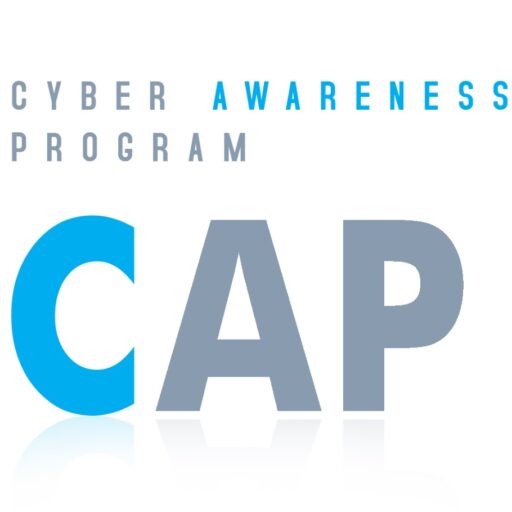Cyber Awareness programme
For working people
Programme on digital safety

The growing danger from crimes committed against computers, or against information on computers, is beginning to claim attention globally. Cybercrime increasingly breaches national borders, nations perceived as havens run the risk of having their electronic messages misused. According to the Computer Emergency Response Team Coordination Center (CERT/CC), the number of reported incidences of security breaches is on the rise. Moreover, countless instances of illegal access and damage around the world remain unreported, as victims fear the exposure of vulnerabilities, the potential for copycat crimes, and the loss of public confidence.
Cybercrimes-harmful acts committed from or against a computer or network-differ from most terrestrial crimes in four ways. They are easy to learn how to commit; they require few resources relative to the potential damage caused; they can be committed in a jurisdiction without being physically present in it; and they are often not clearly illegal. Effective law enforcement is complicated by the transactional nature of cyberspace. Mechanisms of cooperation across national borders to solve and prosecute crimes are complex and slow. Cyber criminals can defy the conventional jurisdictional realms of sovereign nations, originating an attack from almost any computer in the world, passing it across multiple national boundaries, or designing attacks that appear to be originating from foreign sources. Such techniques dramatically increase both the technical and legal complexities of investigating and prosecuting cybercrimes.
The Solutions may be listed as follows.
- Self-protection remains the first line of defense.
- The importance of private sector efforts to develop and adopt strong and efficient technical solutions and management practices for information security.
- Firms should secure their networked information.
- Laws to enforce property rights work only when property owners take reasonable steps to protect their property in the first place.
- It is to be noted, if homeowners failed to buy locks for their front doors, should towns solve the problems by passing more laws or hiring more police?
- Firms dependent on the network must make their own information and systems secure.
- As organizations rely more an information technology to increase competitiveness and efficiency, they also increase their vulnerability to information leakage by insiders. This information leakage could be perpetrated with malicious intent or caused inadvertently by human error and the result is potentially devastating.
- Cyber Threats
- Financial Frauds
- Bank a/c safety
- System safety
- Phone safety
- Data safety (both Personal and Official)
- Legal Compliance

